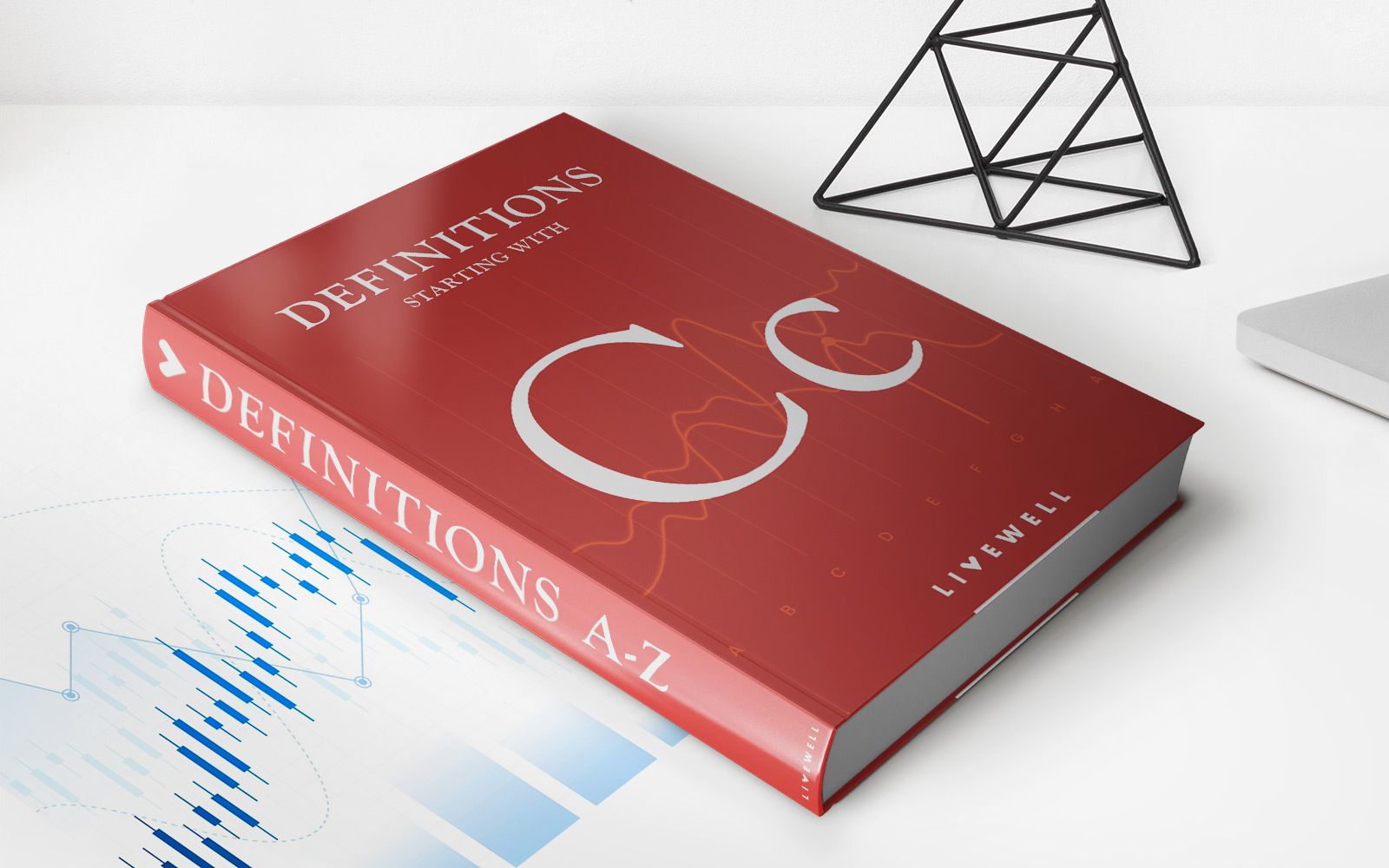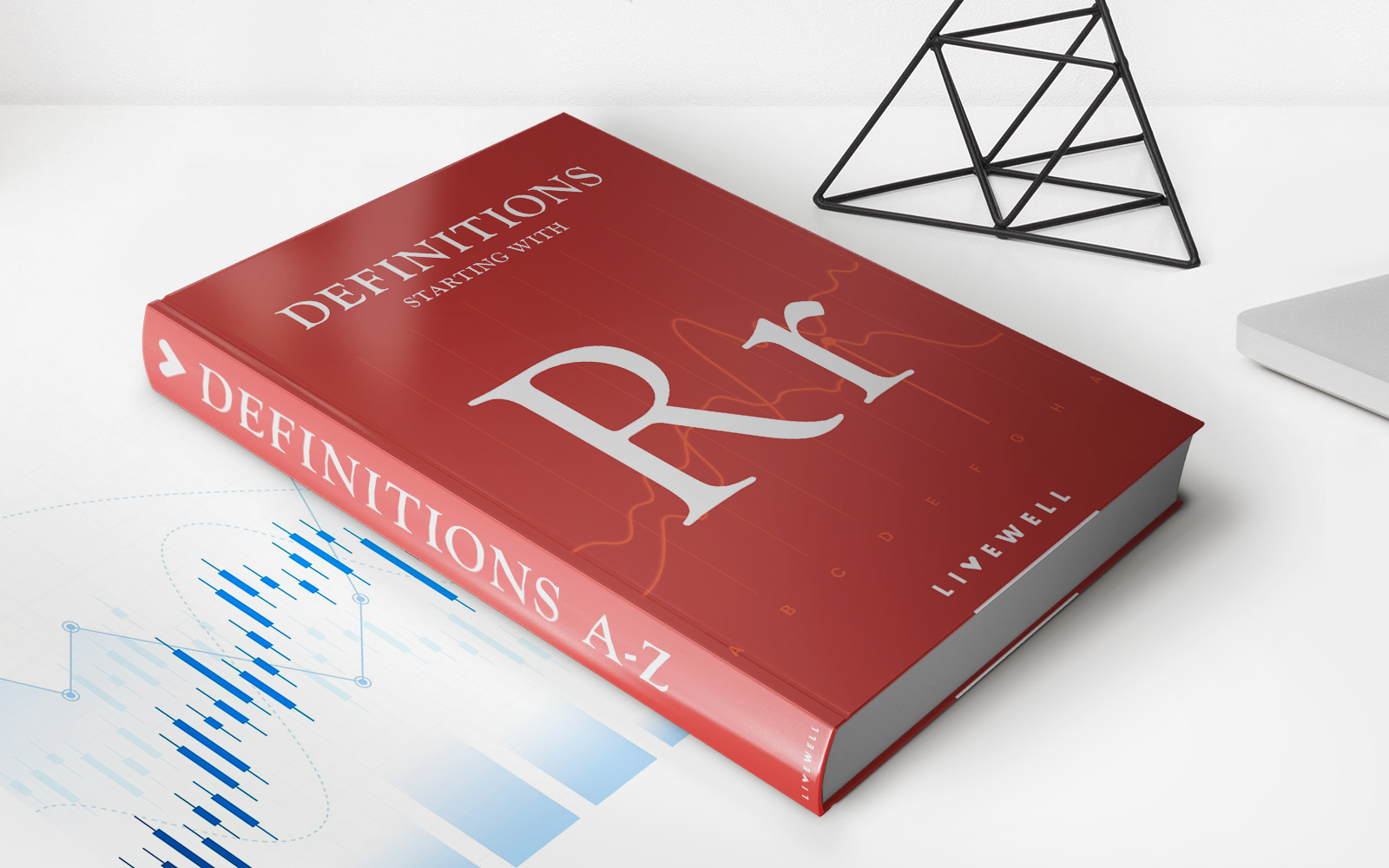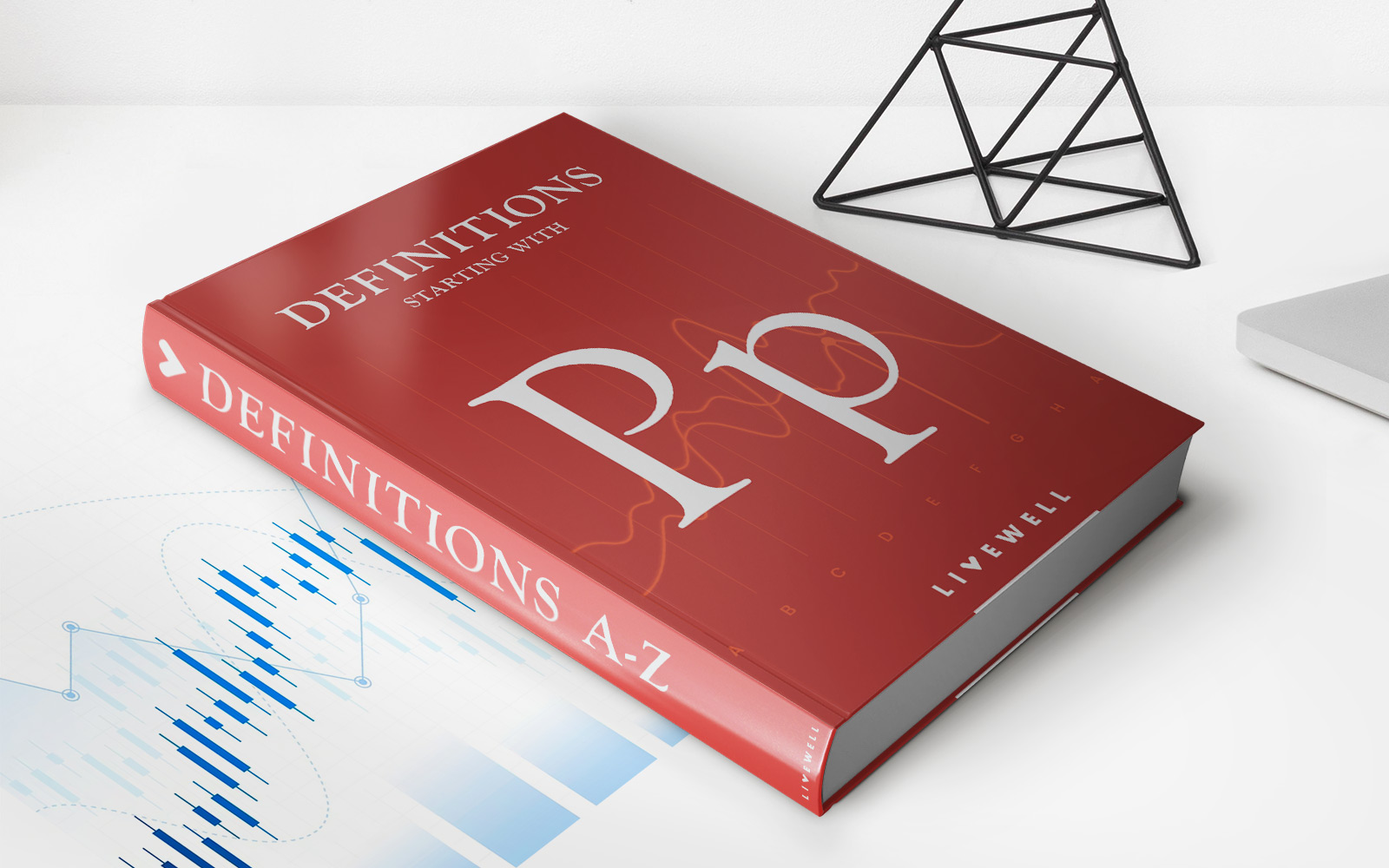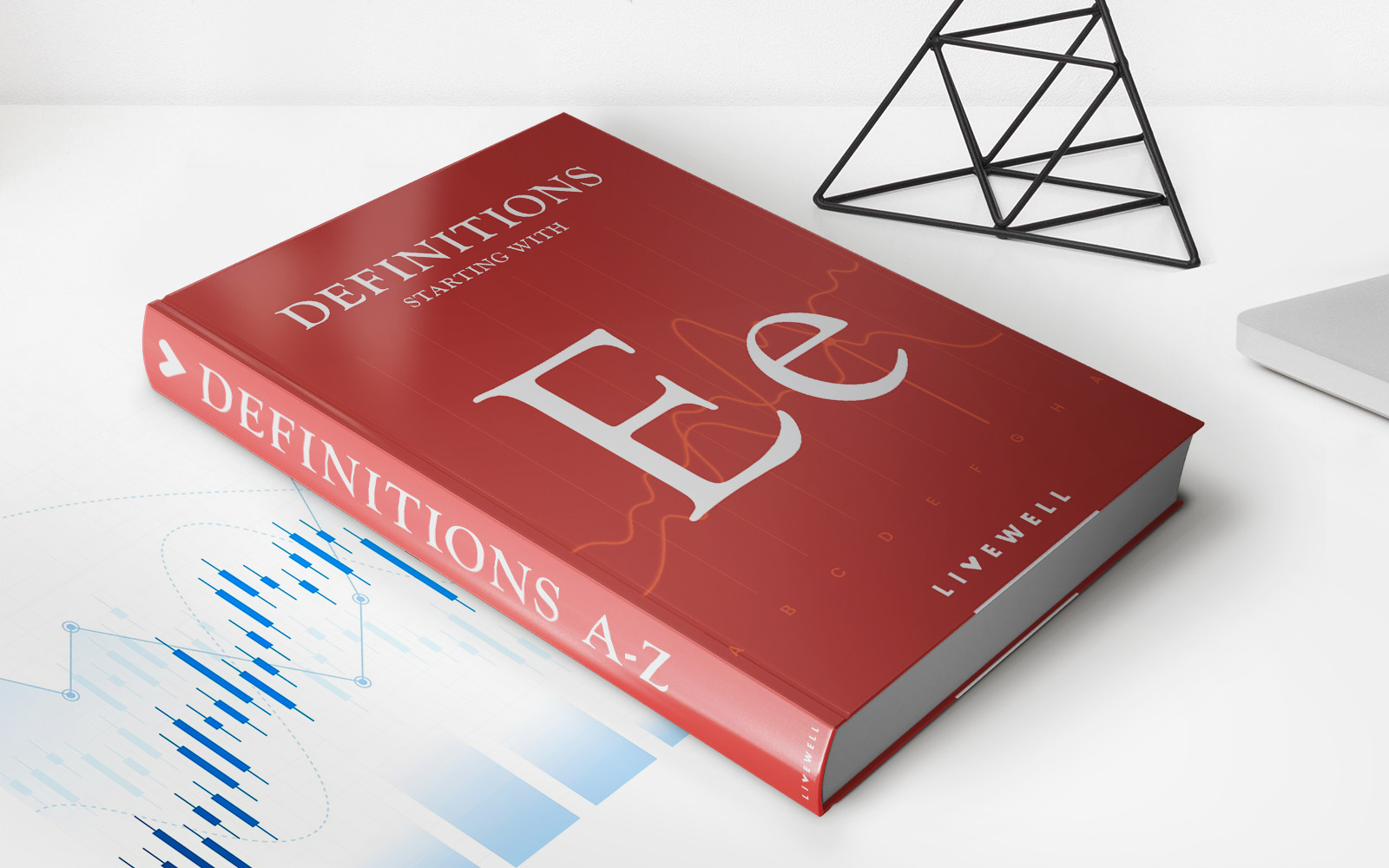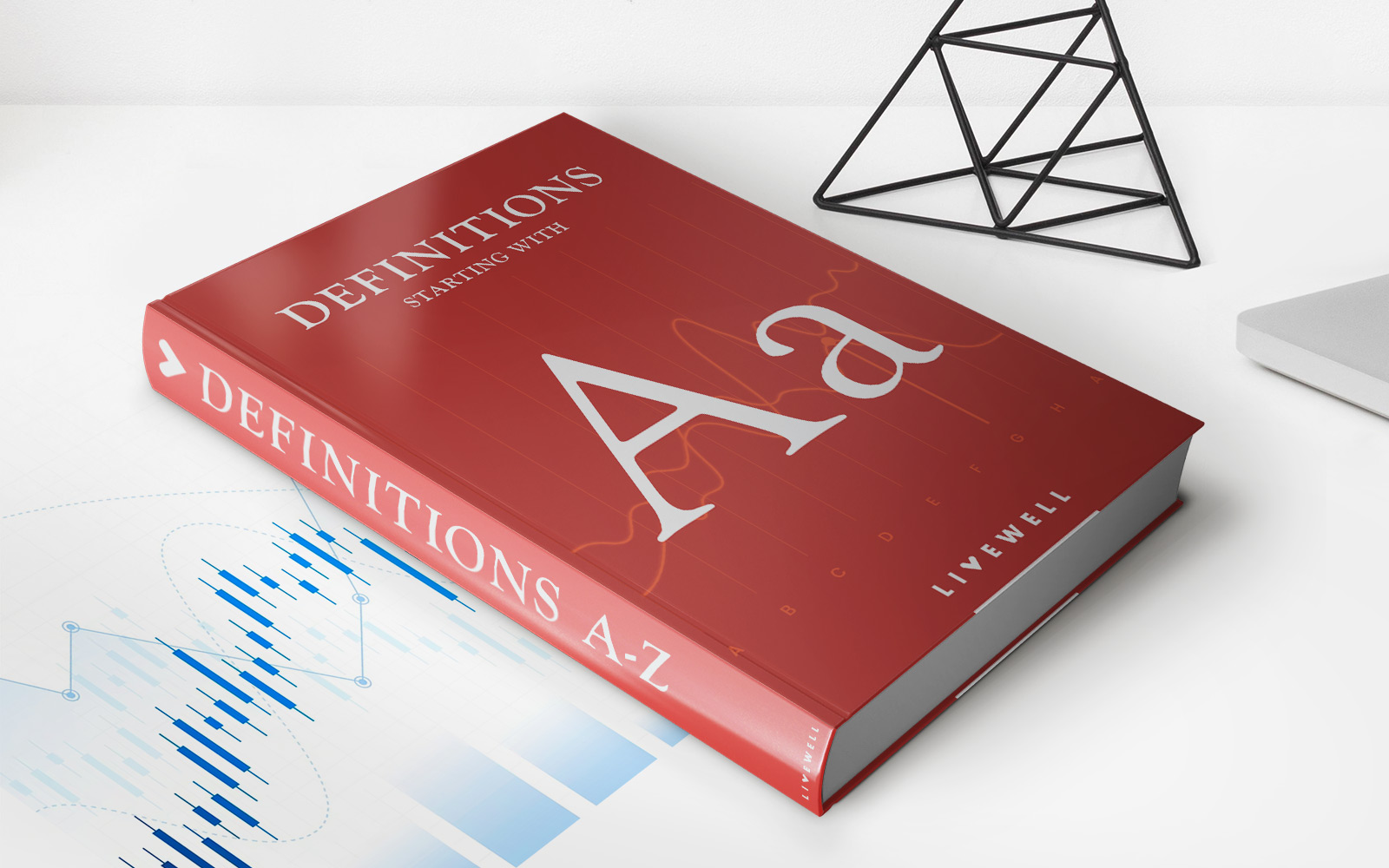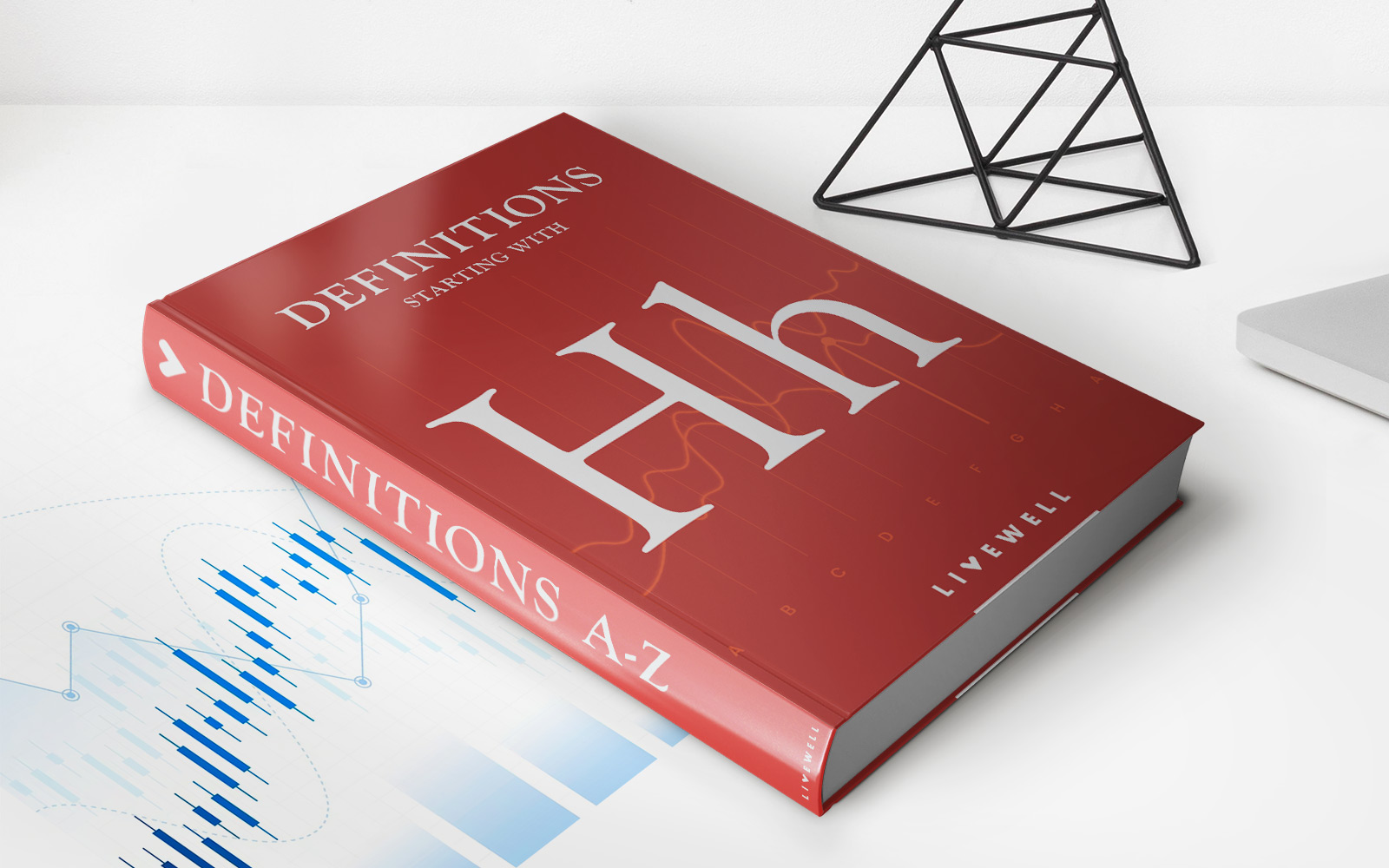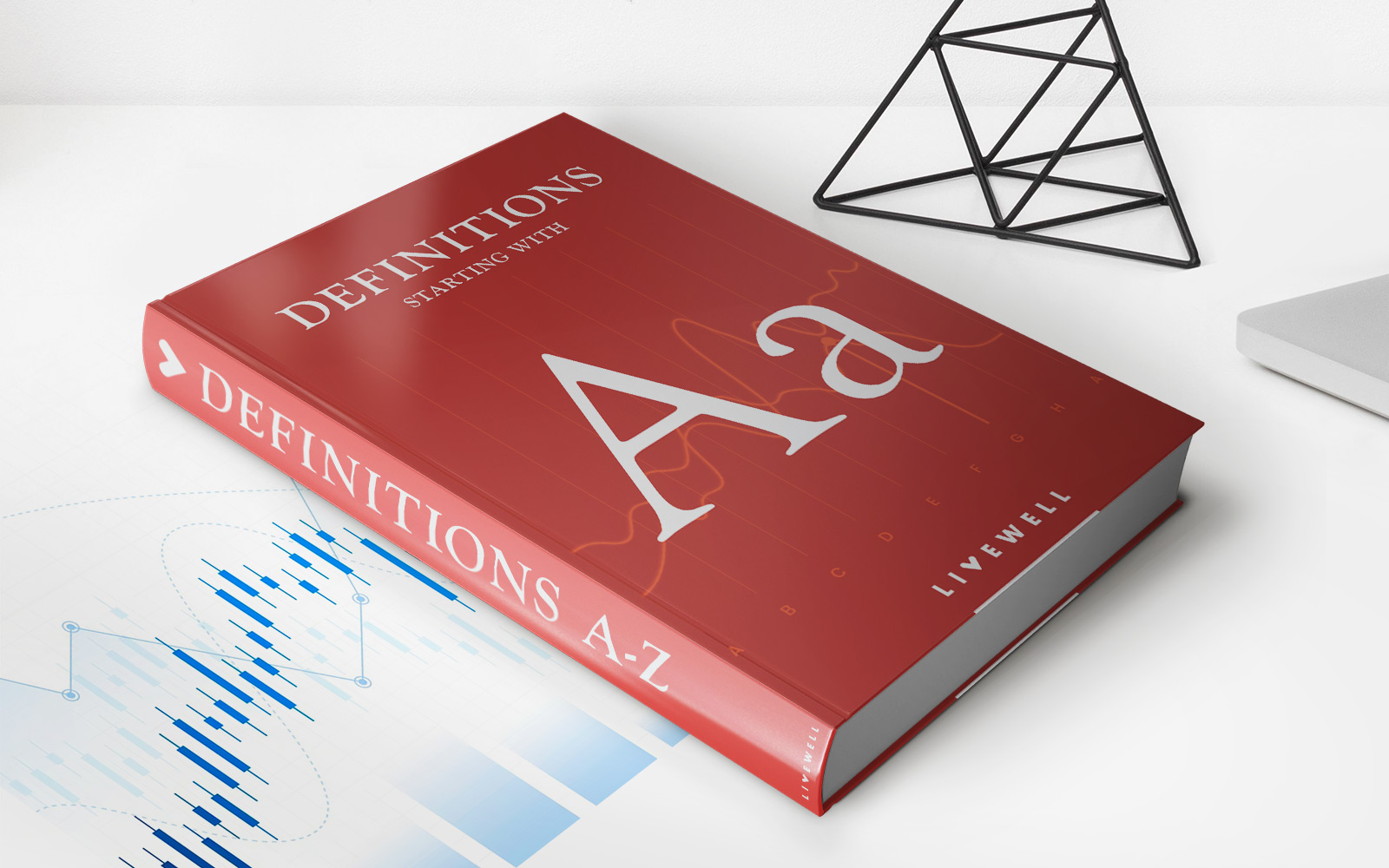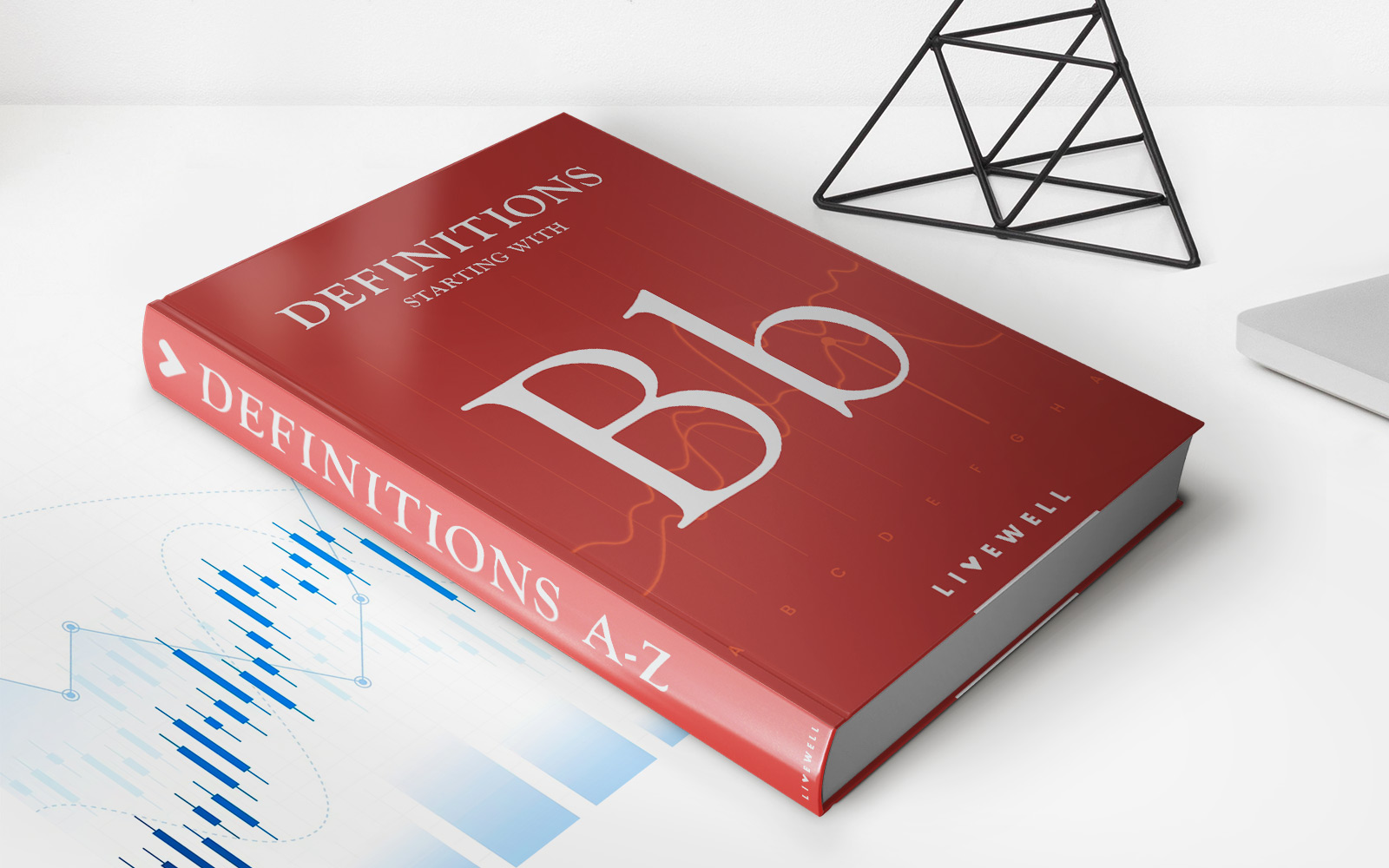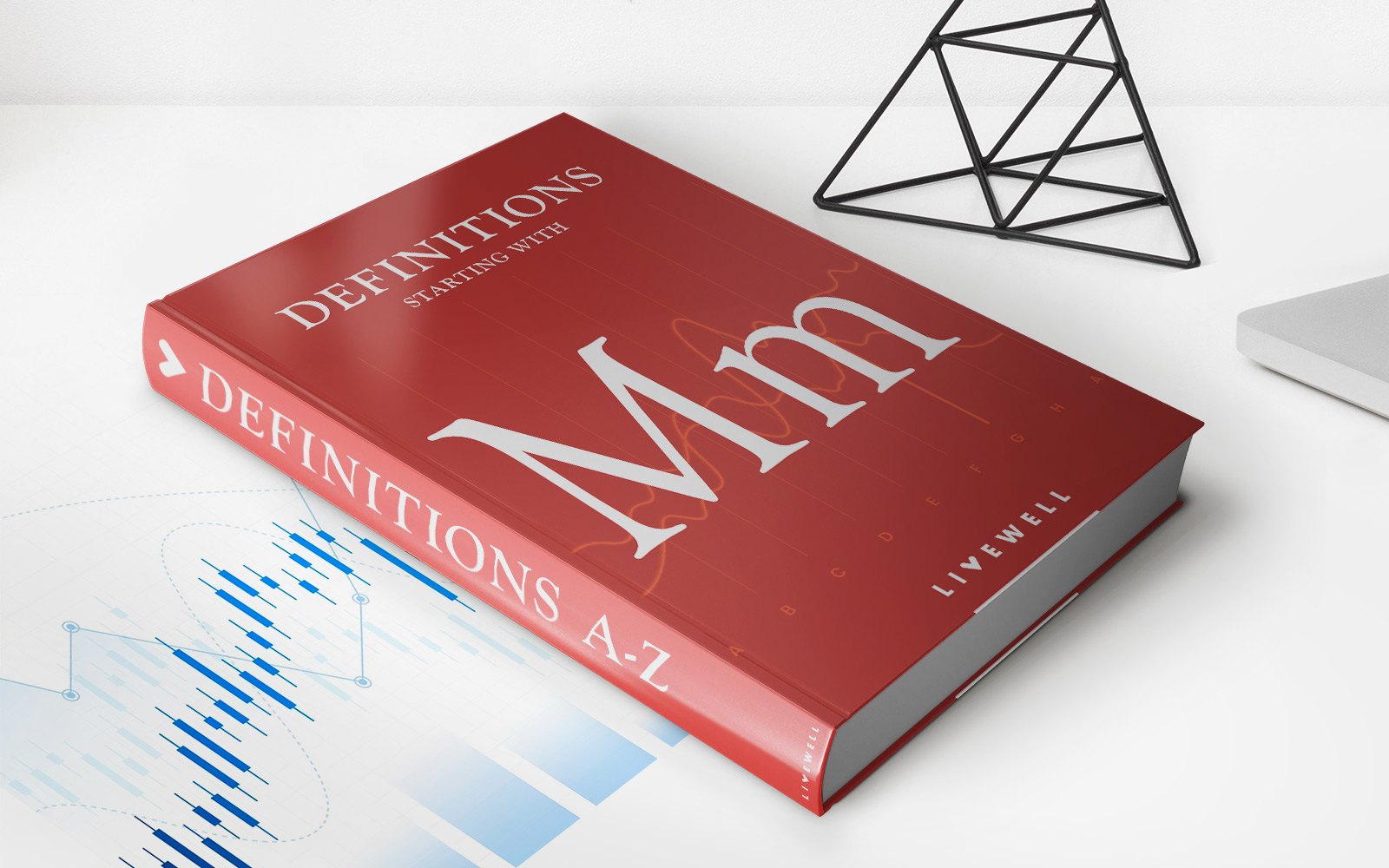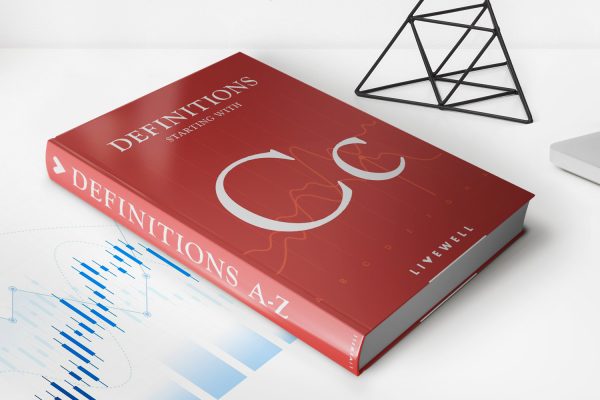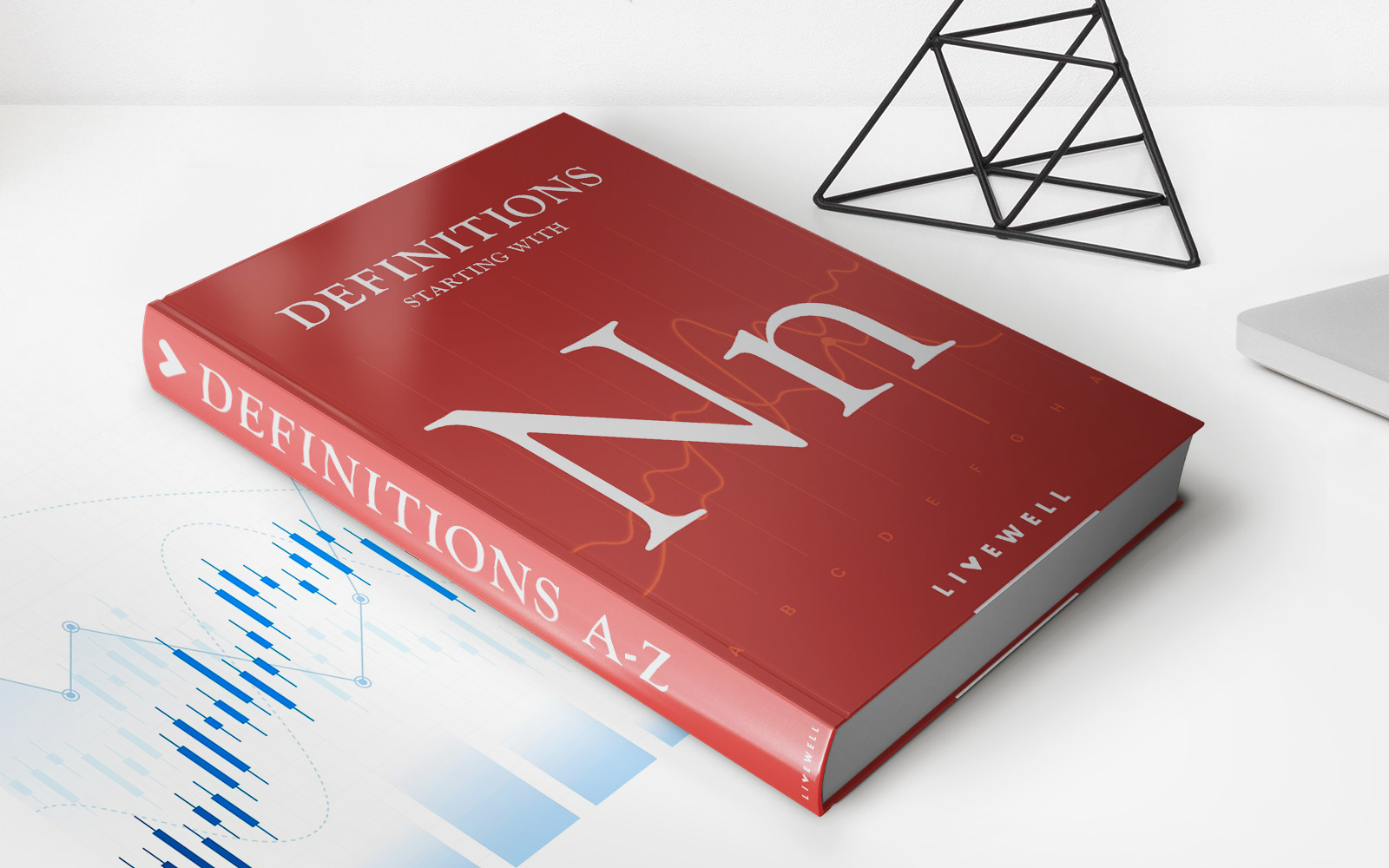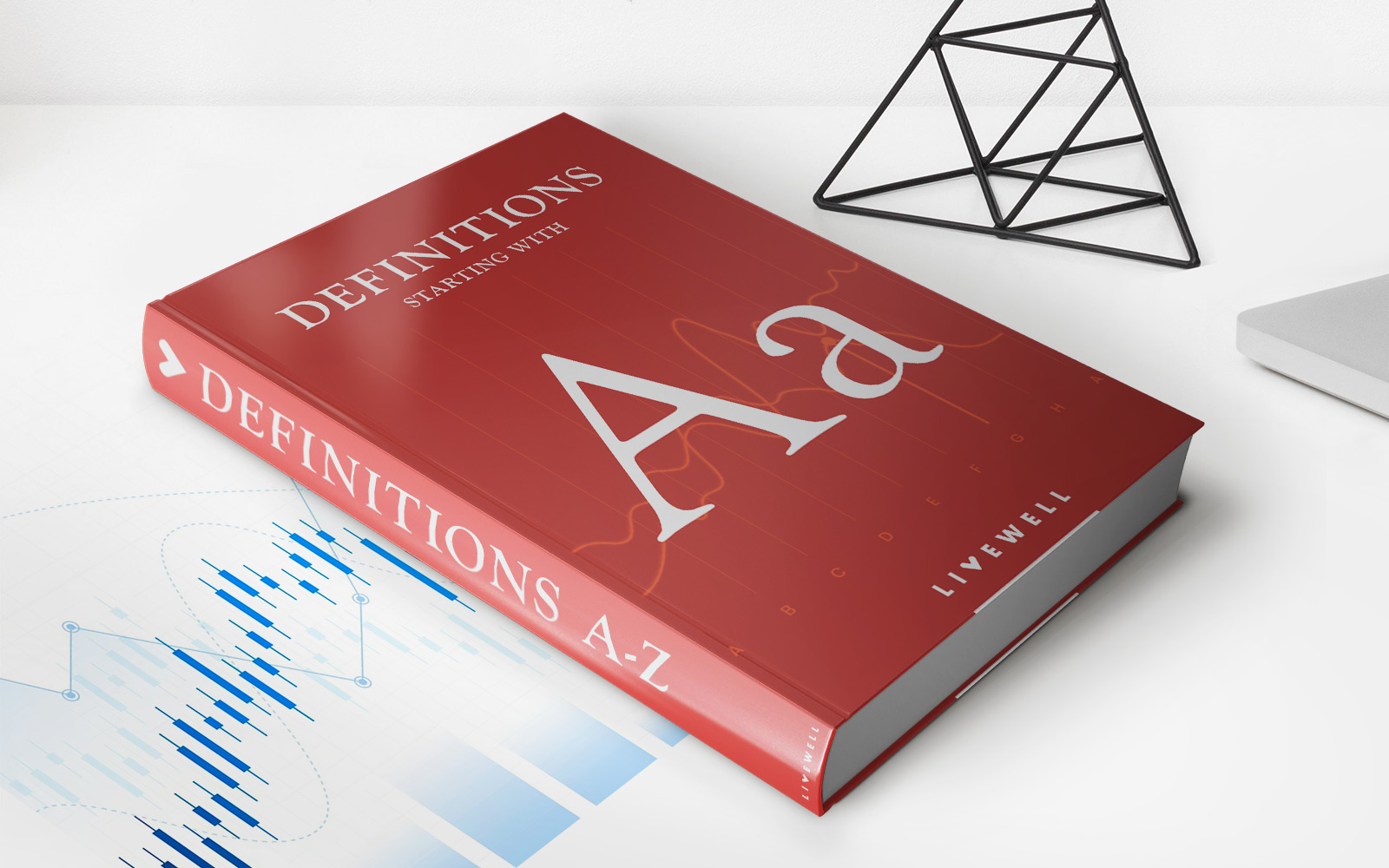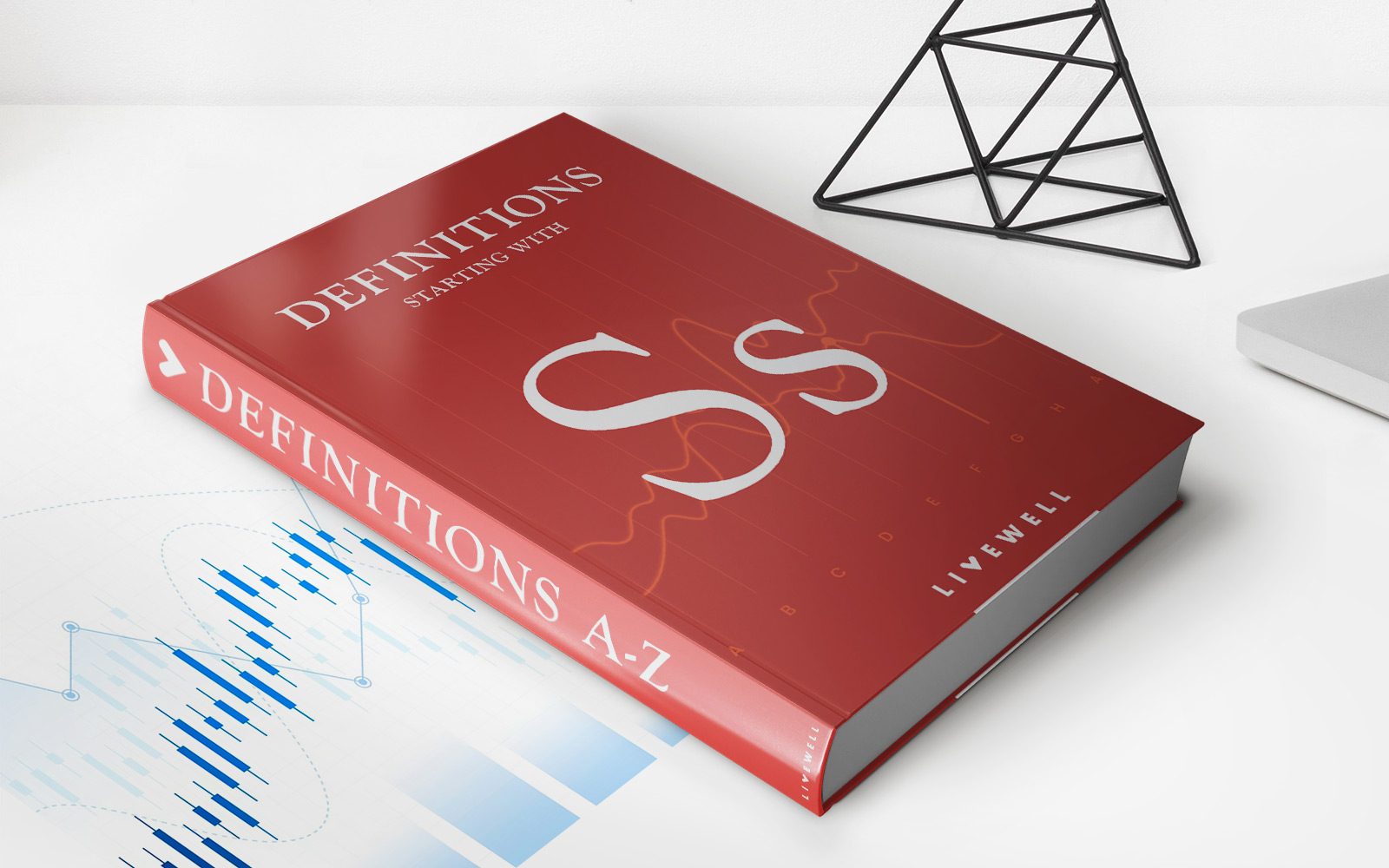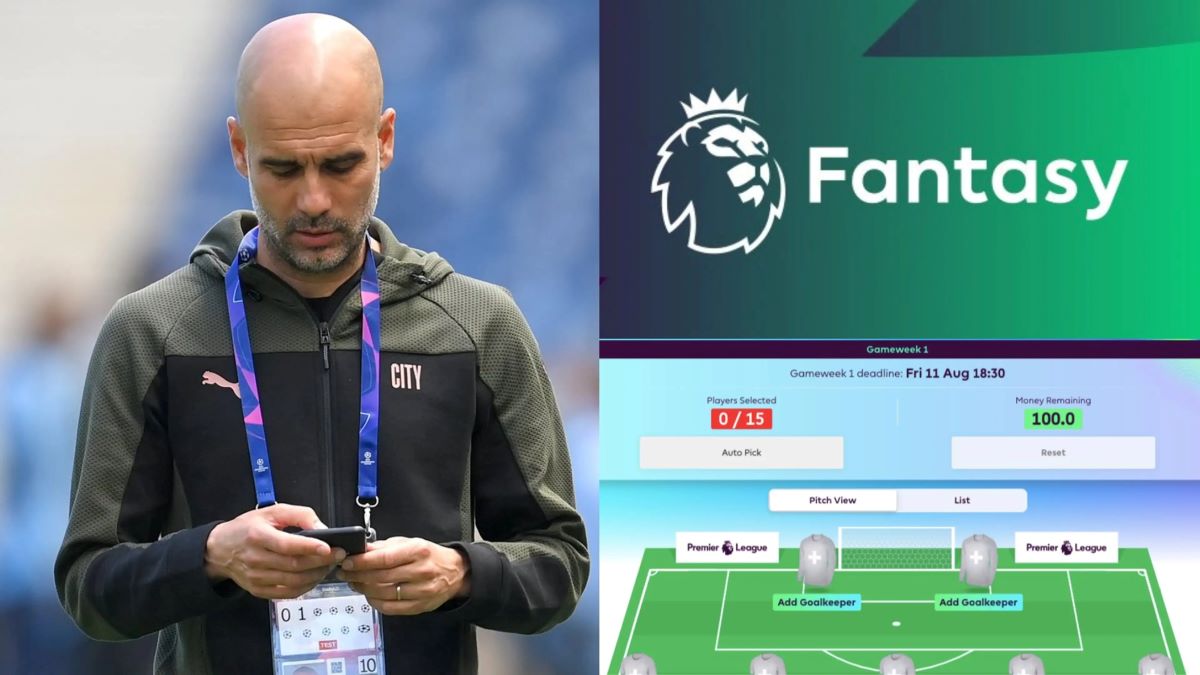Home>Finance>Rational Expectations Theory Definition And How It Works
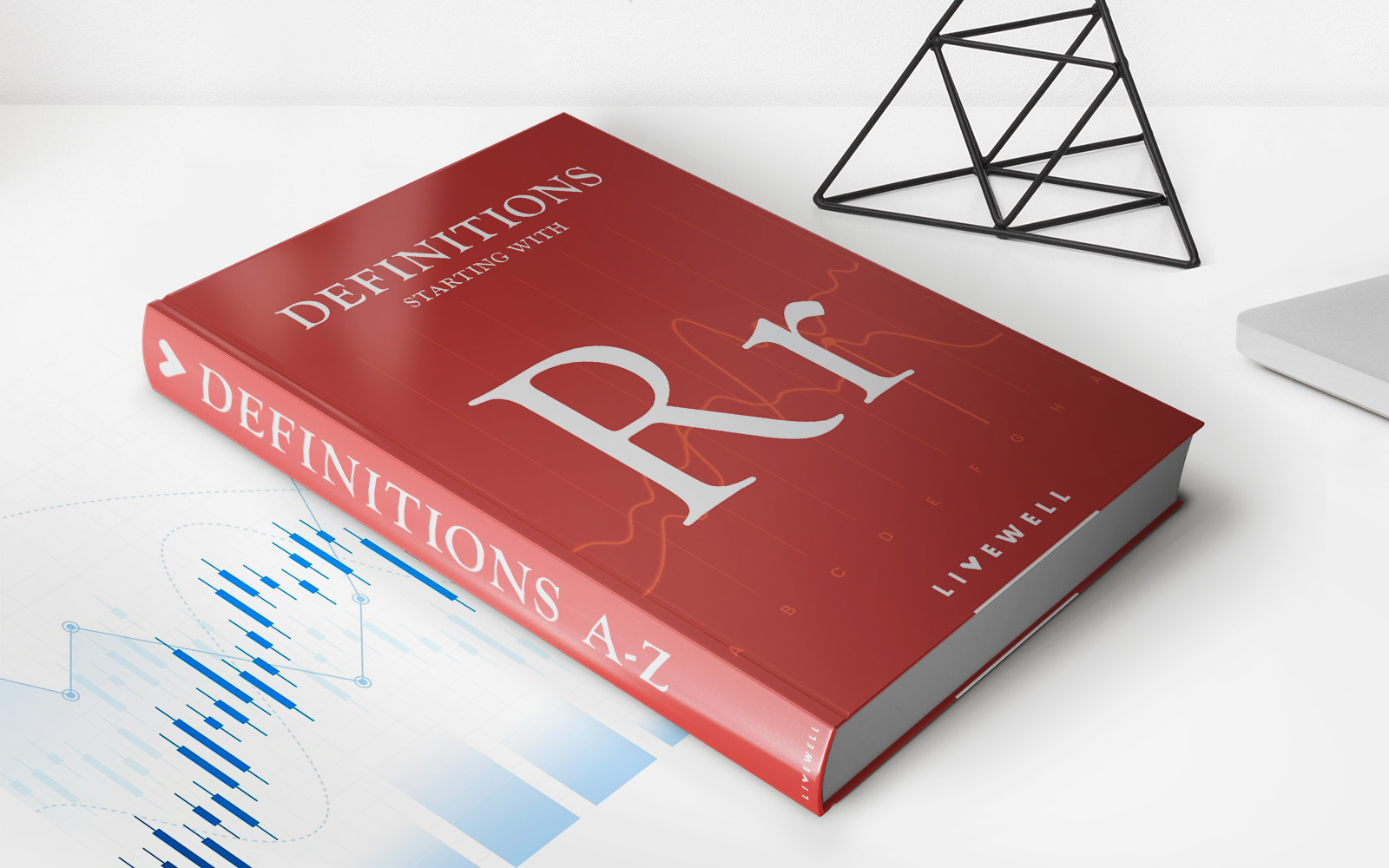

Finance
Rational Expectations Theory Definition And How It Works
Published: January 16, 2024
Learn about the definition and workings of Rational Expectations Theory in the field of finance, and how it impacts economic decision-making.
(Many of the links in this article redirect to a specific reviewed product. Your purchase of these products through affiliate links helps to generate commission for LiveWell, at no extra cost. Learn more)
Rational Expectations Theory: Understanding the Foundation of Economic Forecasting
When it comes to understanding the intricacies of finance and economics, one concept that often comes up is Rational Expectations Theory. But what exactly does it mean, and how does it work? In this blog post, we will delve into this fascinating theory and explore its significance in economic forecasting.
Key Takeaways:
- Rational Expectations Theory suggests that individuals make predictions about the future based on all available information.
- It asserts that individuals’ expectations are often accurate and fulfill the predictions of economic models.
Rational Expectations Theory is a cornerstone concept in the field of economics. It suggests that individuals and entities form expectations about the future based on all the available information at hand, including past experiences, current market conditions, and relevant economic data. These expectations then play a crucial role in shaping their behavior and decision-making processes within the economy.
But what sets this theory apart from other forecasting models? The key distinction lies in its assumption that individuals possess perfect knowledge about the market and its underlying fundamentals. This assumption allows for a more accurate prediction of future economic outcomes, as it assumes that individuals will make rational decisions based on all the information available to them.
So how does the Rational Expectations Theory work in practice? Let’s consider a simplified example:
- Imagine a scenario where the government announces an increase in interest rates.
- Individuals, armed with information about the likely impact of this decision on inflation and borrowing costs, adjust their expectations accordingly.
- These revised expectations influence their behavior, causing them to change their spending and saving patterns.
- The cumulative effect of these individual decisions leads to actual changes in the economy, aligning with the initial predictions made by the economic model.
This theory has several important implications for economic forecasting and policy-making. Here are two key takeaways:
- Forecasting accuracy: By assuming that individuals make rational decisions based on perfect information, the theory enables economists to make more accurate predictions about the future state of the economy.
- Policy effectiveness: Rational Expectations Theory suggests that policies and interventions designed to influence economic behavior should account for individuals’ rational expectations. This insight helps policymakers create more targeted and effective measures to achieve desired outcomes.
While the Rational Expectations Theory has its critics and limitations, it remains an essential tool for economists, policymakers, and financial analysts alike. It provides a framework to understand how individuals shape and influence economic outcomes, helping us navigate the complex world of finance and make informed decisions.
So remember, when it comes to economic forecasting, understanding Rational Expectations Theory is key to gaining valuable insights into how the future of our economy might unfold.
